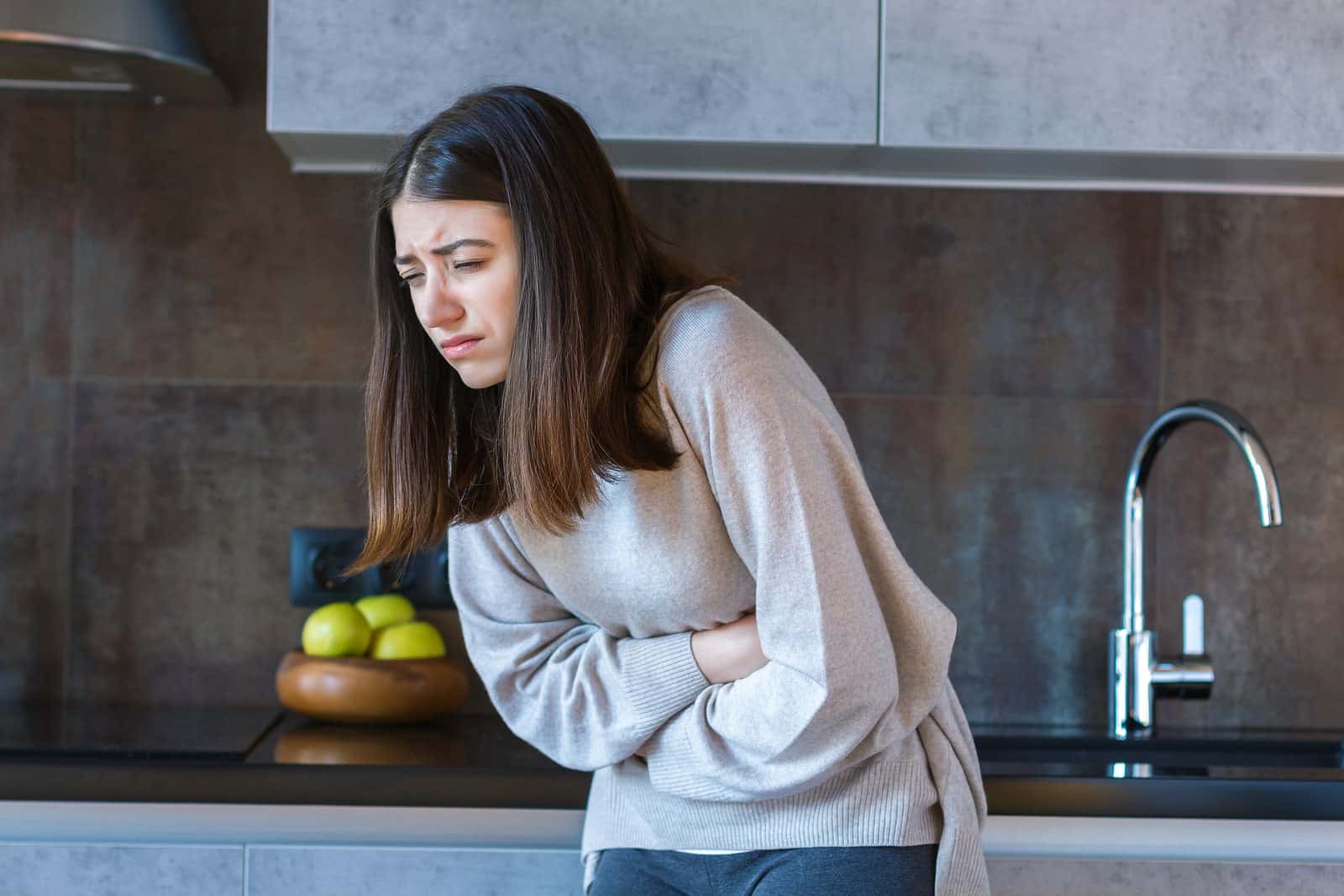
If you had diarrhea every day, several times a day, you might be desperate for some way to control it. One reader presented us with this challenge: what can he do to stop diarrhea due to microscopic colitis?
Controlling Microscopic Colitis:
Q. Would eating coconut oil every day help with diarrhea-dominant collagenous colitis? I have heard that eating coconut cookies helps with diarrhea but not sure if it is the fiber from the coconut or something else in the coconut itself that helps. I desperately need something other than Imodium that can help control the diarrhea.
A. Collagenous colitis is a form of microscopic colitis. In this condition, the colon looks normal on colonoscopy, but biopsy reveals inflammation that leads to chronic watery diarrhea.
Recent research shows that people with microscopic colitis often have a disruption of their gut microbiota, with a dominance of Campylobacter concisus (Gut, Feb. 28, 2020; Scandinavian Journal of Gastroenterology, July 15, 2020). This type of bacterium was known to live in the mouth, but over the past decade scientists have identified it in the lower intestines.
Scientists do not appear to have reached consensus on the appropriate treatment for this bacterial imbalance. A probiotic product called VSL#3 helped patients in a small preliminary clinical trial (BMJ Open Gastroenterology, online Feb. 9, 2015).
What About Coconut?
Our readers have offered numerous testimonials that coconut can help control diarrhea. Coconut oil is rich in lauric acid, which appears to discourage dangerous C. diff overgrowth (Cell Transplantation, Dec. 2019). Perhaps coconut is also helpful because the defatted portion offers prebiotic support for beneficial bacteria (Journal of Food Science and Technology, online Dec. 26, 2016). However, we could find no clinical trials indicating that coconut oil would reduce diarrhea. In fact, a (very small) monkey study compared coconut macaroons to non-coconut cookies and found no difference in stool consistency (Journal of Medical Primatology, Dec. 2008). Consequently, we really don’t know whether consuming coconut or coconut oil will help heal your microscopic colitis.
Other Treatments to Try:
In one very small study, scientists observed that Boswellia serrata reduced diarrhea in people with collagenous colitis (Clinical and Experimental Gastroenterology, online Feb. 27, 2019). Boswellia is an anti-inflammatory herb.
If the herb seems daunting, however, you might want to try a very simple treatment. Psyllium (Metamucil, for example) can ease diarrhea. A small case study showed it could help microscopic colitis (Southern Medical Journal, Jan. 1991). Moreover, it is inexpensive and does not cause dangerous reactions at recommended doses.
We discuss diarrhea and its treatment in our eGuide to Overcoming Digestive Disorders.
Citations
- Nielsen Hl et al, "High risk of microscopic colitis after Campylobacter concisus infection: Population-based cohort study." Gut, Feb. 28, 2020. DOI: 10.1136/gutjnl-2019-319771
- Aagaard MEY et al, "Campylobacter concisus is prevalent in the gastrointestinal tract of patients with microscopic colitis." Scandinavian Journal of Gastroenterology, July 15, 2020. DOI: 10.1080/00365521.2020.1792976
- Rohatgi S et al, "VSL#3 induces and maintains short-term clinical response in patients with active microscopic colitis: A two-phase randomised clinical trial." BMJ Open Gastroenterology, online Feb. 9, 2015. doi: 10.1136/bmjgast-2014-000018
- Matsue M et al, "Measuring the antimicrobial activity of lauric acid against various bacteria in human gut microbiota using a new method." Cell Transplantation, Dec. 2019. DOI: 10.1177/0963689719881366
- Mohd Nor N'N et al, "Defatted coconut residue crude polysaccharides as potential prebiotics: Study of their effects on proliferation and acidifying activity of probiotics in vitro." Journal of Food Science and Technology, online Dec. 26, 2016. DOI: 10.1007/s13197-016-2448-9
- Wilk JL et al, "Evaluation of the use of coconut to treat chronic diarrhea in rhesus macaques (Macaca mulatta)." Journal of Medical Primatology, Dec. 2008. DOI: 10.1111/j.1600-0684.2008.00313.x
- Shor J et al, "Management of microscopic colitis: Challenges and solutions." Clinical and Experimental Gastroenterology, online Feb. 27, 2019. DOI: 10.2147/CEG.S165047
- Gubbins GP et al, "Collagenous colitis: Report of nine cases and review of the literature."

